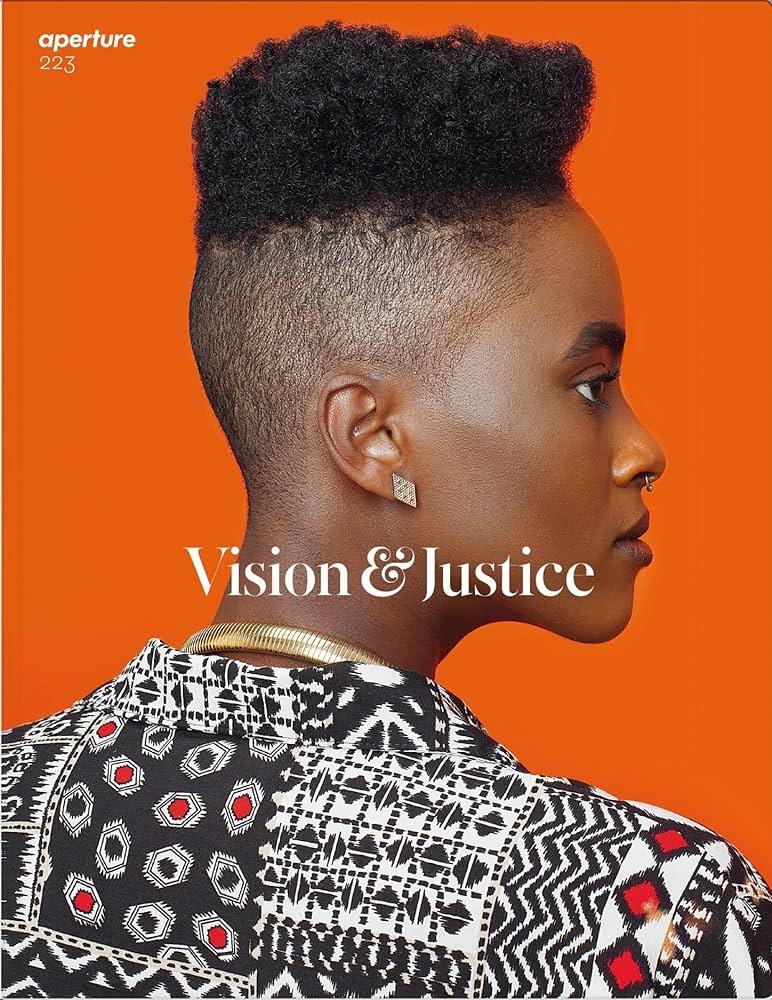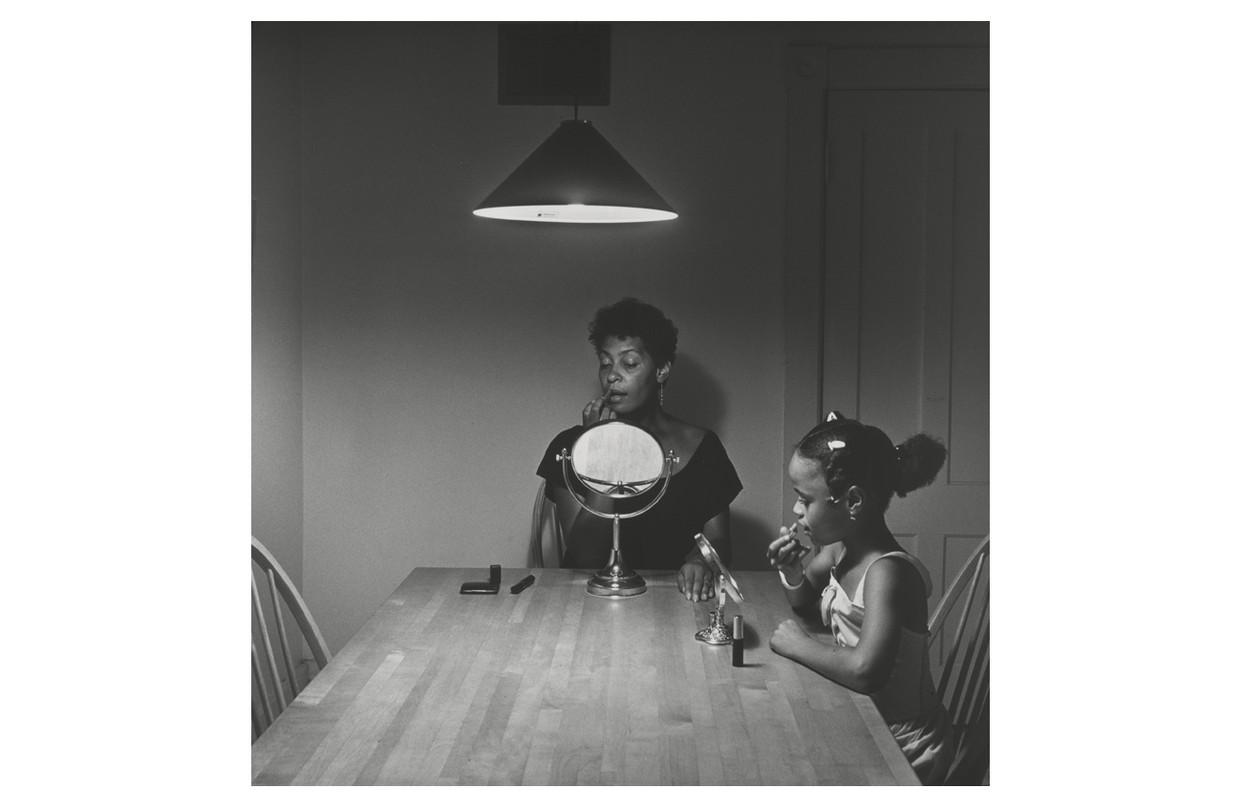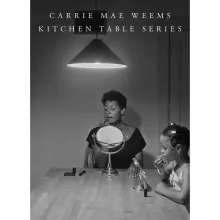
As part of our Just Portrayal Series, Aliza Keegan, DDS Media Equipment Assistant at Tisch Library, explores Representational Justice through resources available through Tisch Library.
“The endeavor to affirm the dignity of human life cannot be waged without pictures, without representational justice.” -Sarah Lewis, Harvard Professor and founder of Vision and Justice
Representational Justice is not only about bringing attention to the experience of historically marginalized groups, but also about reckoning with the role that media and art play in supporting institutionalized racism, and other social injustice.
When engaging with a piece of media, it is important to view it with our intellectual and emotional minds. As James Baldwin writes in The Devil Finds Work, “It is said that the camera cannot lie, but rarely do we allow it to do anything else, since the camera sees what you point it at: the camera sees what you want it to see.”
It’s important to remember that ultimately, images are subjective, and what one interprets from an image is dependent on personal context, identity, culture, and other factors.
The ability to extrapolate information from a piece of visual imagery is called visual literacy. Part of visual literacy is acknowledging the factors in one’s own life that influence them to view art in a certain way, and examining how these factors influence other parts of their experience as well.
In practice
Artist: Carrie Mae Weems
Project: Kitchen Table Series

“[Carrie Mae] Weem’s genius has always been to reveal, consistently and with newness, in familiar and foreign settings, what poet Elizabeth Alexander calls the ‘black interior’, a vision of black life and creativity that exists ‘behind the face of stereotype and limited imagination’...In this context, then, [the subjects] self-gazing is a reparative act. A mother and a daughter (and we, always we) learning is a far more valuable lesson: to be able to see each other, their black woman and black girl selves, in spite of the gendered and racial invisibility into which they were both born.” - Salamishah Tillet, Associate processor of English and Africana Studies at Upenn (Aperture, p. 54)
Learn more about this resource
In this issue of Aperature Magazine, Harvard Professor Sarah Lewis highlights 20th and 21st century artists that fulfill the definition of Representational Justice, bringing attention to the importance of media in public perception. Various authors address issues of misinterpretation when it comes to art, as well as give instruction about how to create visual media in a way that combats subtle prejudices represented in past works of art.
Post created by Aliza Keegan, DDS Media Equipment Assistant.

"An excursion into the pained psyche of a black Vietnam veteran, brought to life by Ethiopian-born writer-director Haile Gerima. Ned Charles is alienated from society as a whole and especially from other blacks, as seen in his troubled relations with his grandmother and also with his activist girlfriend and her friends." - from catalog

"Vision & Justice", is a special issue addressing the role of photography in the African American experience." - Provided by publisher

"Kitchen Table Series seeks to reposition and reimagine the possibility of women and the possibility of people of color, and has to do with, in the artist's words, "unrequited love."- Provided by publisher.

"Essayist James Baldwin examines racism in American movies. Challenges the underlying assumptions in films such as "In the Heat of the Night," "Guess Who's Coming to Dinner," and "The Exorcist." Explores the love, hate, bias, cruelty, fear, and ignorance reflected in films that have shaped the national consciousness." - from catalog record